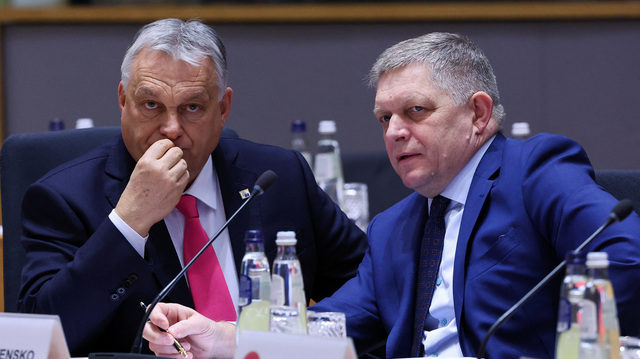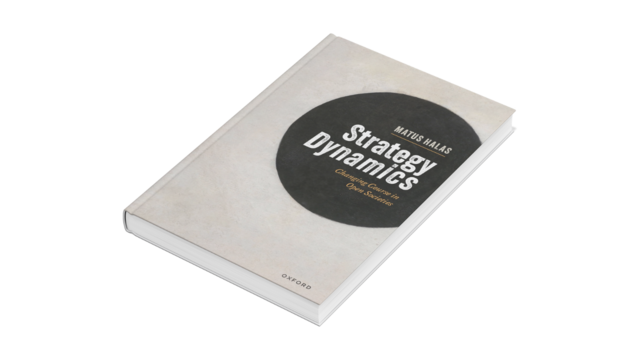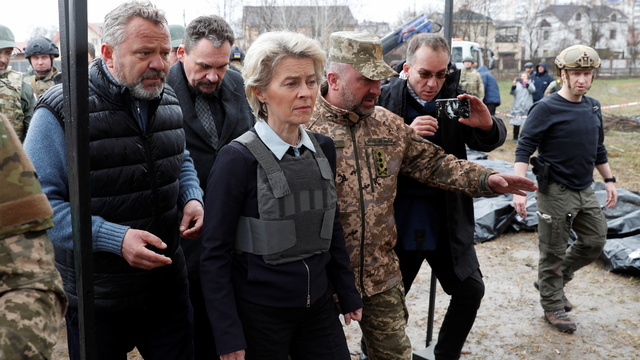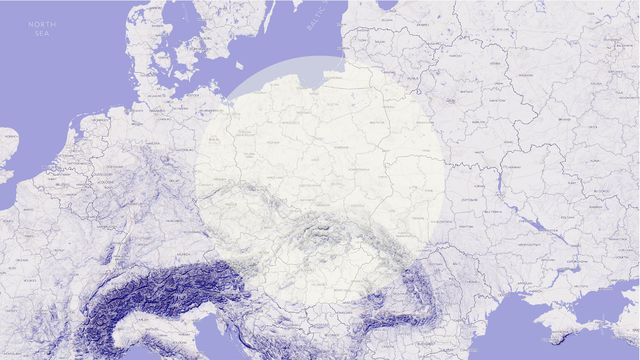Central European subalterns speak security (too): Towards a truly post-Western feminist security studies

Míla O'Sullivan and Kateřina Krulišová explore the link between post-Western feminism and security, pushing the boundaries of traditional scholarship of feminism.
Central and Eastern Europe (CEE) has long been epistemically marginalized in many academic disciplines, including the Western-centric Feminist Security Studies (FSS). While there is growing FSS literature from/on locations beyond the ‘Global North,’ scholarship from/on CEE is relatively absent in these conversations. When CEE is discussed, it is limited to critique of a region plagued with racism, illiberalism, populism or anti-genderism. While these all present very pressing and persistent problems, more nuanced understanding of the region is needed. This has become urgent since the February 2022 Russian invasion of Ukraine which has sparked an ‘Eastern turn’ among Western FSS scholars. But this sudden interest, we argue, has collided with long-lacking intellectual foundation, solidarity and understanding of the region, often resulting in troubling ‘Westsplaining.’ Using postcolonial and decolonial framing that reflects on the collective trauma of the continuum of Russian imperialist violence, we discuss the complexity of CEE’s gendered politics amid the latest Russian aggression. We analyse colonial projections in the Western feminist responses to the invasion and reflect on our own awkward encounters. We call for more constructive, inclusive, and decolonial East/West transnational feminists encounters which are urgently needed now amidst the gendered war but also long-term for confronting global anti-feminist forces.










